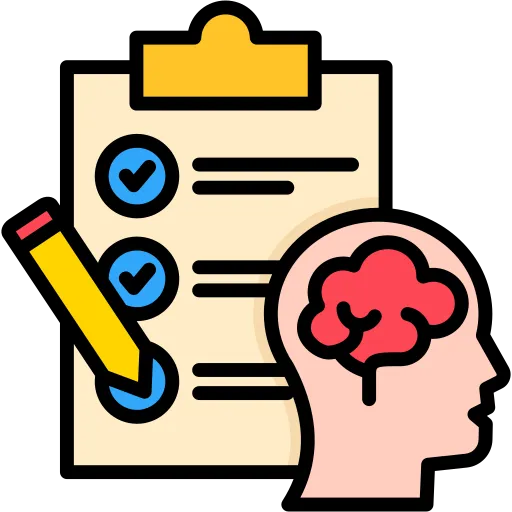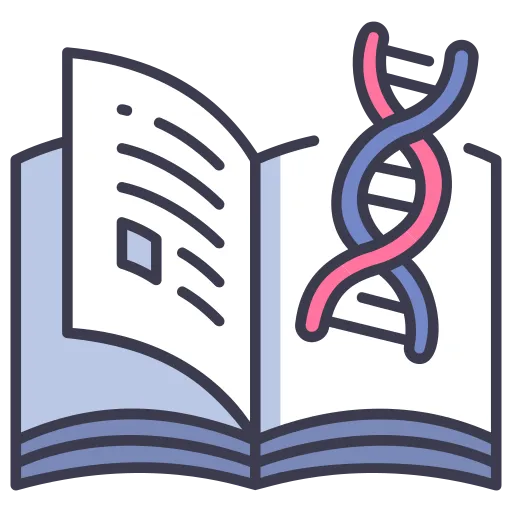Education
Personal development and ongoing learning
My background in education has always been guided by curiosity - about people, systems, and how we solve hard problems. I've taken a slightly unconventional path into software development, but each step has shaped how I think, work, and build.
MSc Clinical Neuropsychology
This postgraduate degree focused on the intersection of neuroscience and behaviour, with a strong emphasis on data-driven research. I developed the ability to apply statistical methods to complex datasets and interpret cognitive and behavioural outcomes - skills that would later support my work in applied defence and machine learning. My research explored reading patterns and political bias, using high-level eye-tracking equipment to gather detailed datasets. I processed and analysed the data using MATLAB and Python, identifying subtle patterns in visual attention and interpreting their behavioural significance. This hands-on work sharpened my analytical skills and gave me a deeper understanding of how to build and evaluate research-driven systems.

BA Philosophy & Psychology
This degree combined rigorous abstract reasoning with applied psychological insight. My work in philosophy centred around formal logic, which taught me to think with precision and structure - a foundation that's proved invaluable in software development, particularly when dealing with systems design and debugging. Psychology complemented this by grounding my thinking in real-world behaviour. It was where theory met practice, and where I explored how people make decisions, respond to stimuli, and interpret the world. I was particularly drawn to modules that tackled cognitive science and practical problem-solving, often introducing technical tools and custom analyses to deepen my work, even when it wasn't expected. That mindset - building where I could and automating when I should - set the tone for my transition into development.

CertHE in Infection and Immunology
Completed through Cambridge University, this part-time certificate gave me a strong foundation in systems thinking and scientific methodology. Studying it alongside my MSc demanded discipline and adaptability - skills that now underpin how I approach both learning and problem solving in software. The course focused on understanding biological systems and immune responses at a detailed level. I learned to deconstruct complex processes into clear, testable components - a way of thinking that closely mirrors the logic and structure of programming. The scientific emphasis on experimentation, evidence, and iteration naturally carried over into how I build, test, and refine code.

A-Level Computer Science
As part of my personal development, I studied Computer Science independently, completing A-Level coursework that required identifying a real-world problem and building a technical solution. I developed a custom Automatic Number Plate Recognition (ANPR) system designed for enforcement officers to use on mobile devices. The application integrated OCR and computer vision techniques to read plates, matched them against custom databases via bespoke APIs, and included a private web portal for managing user accounts and enforcement data. The project was my first full-stack build - a hands-on experience in system architecture, image processing, and API integration. The final documentation spanned over 300 pages and was praised for its clarity, detail, and structured approach. More importantly, it solidified my interest in using software to solve real, tangible problems.

Ongoing Learning & Aspirations
I've always been someone who studies independently - from teaching myself languages and frameworks, to pursuing additional qualifications outside of work. I've explored data structures, low-level programming, and prototyping in Python and C/C++. Currently, I'm working toward the possibility of studying for an MEng in Computer Science. My goal is to deepen my understanding of core principles - from systems architecture and algorithms to networking and security - and expand my technical range with a more theoretical foundation to support the work I do.
